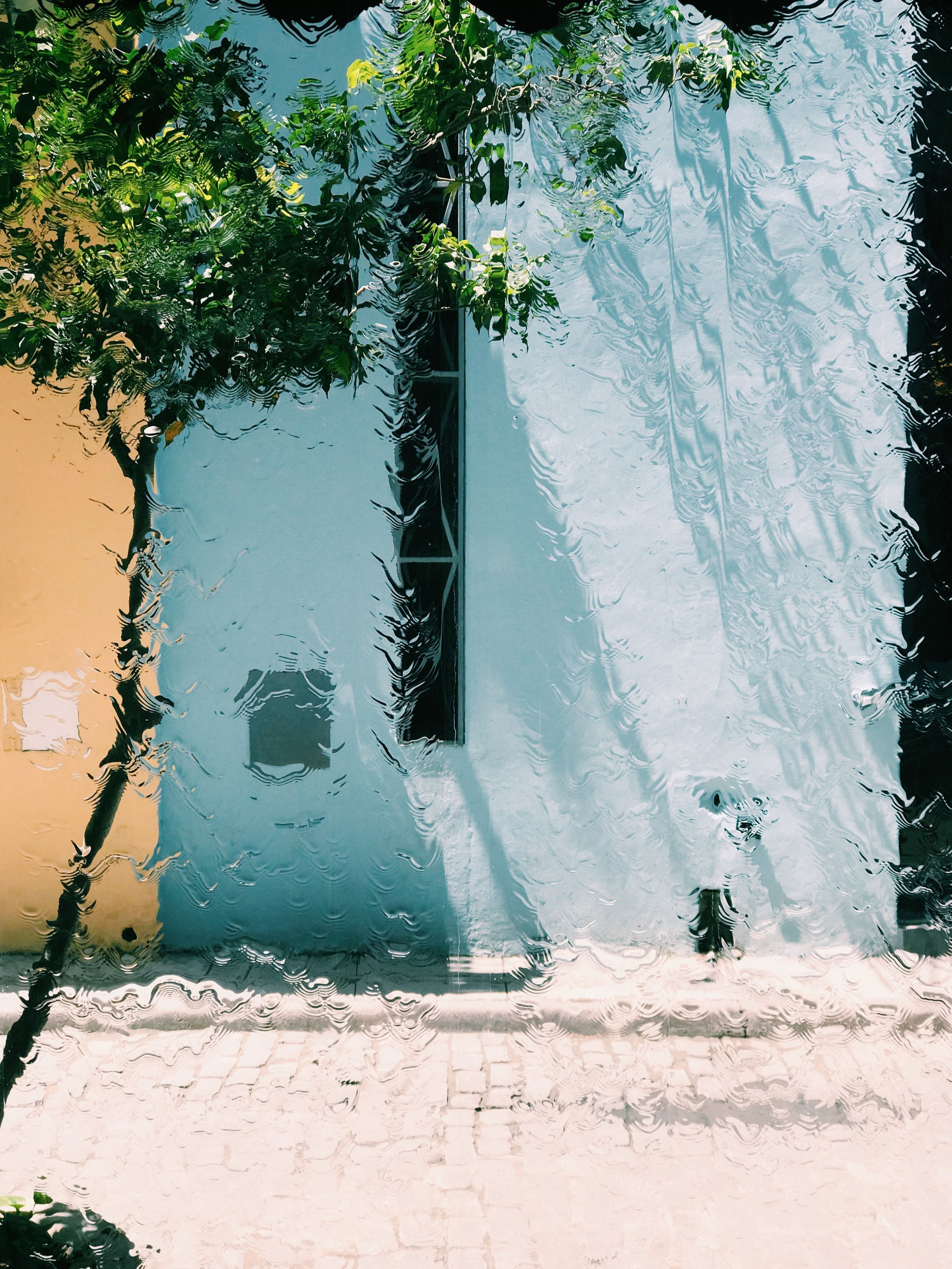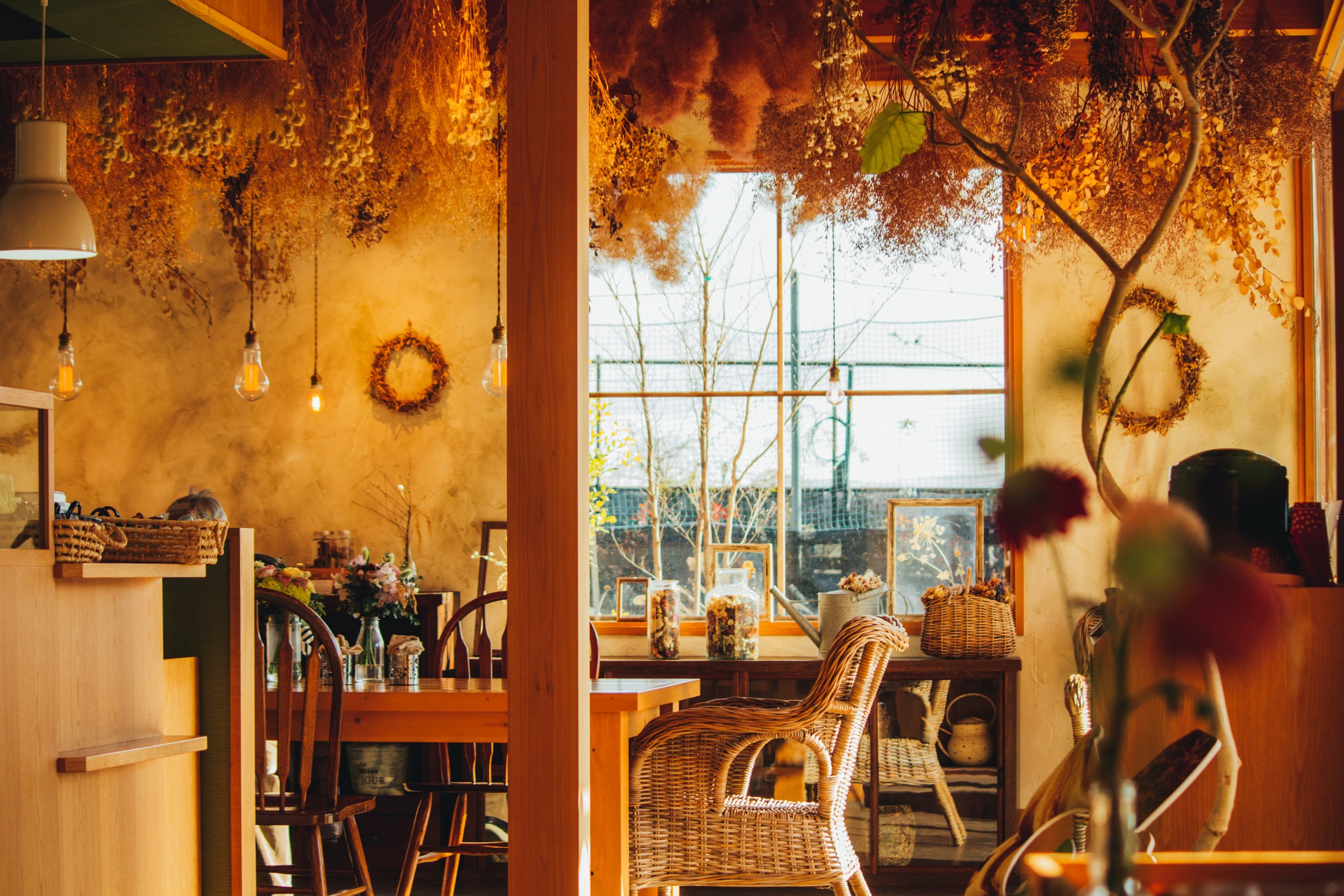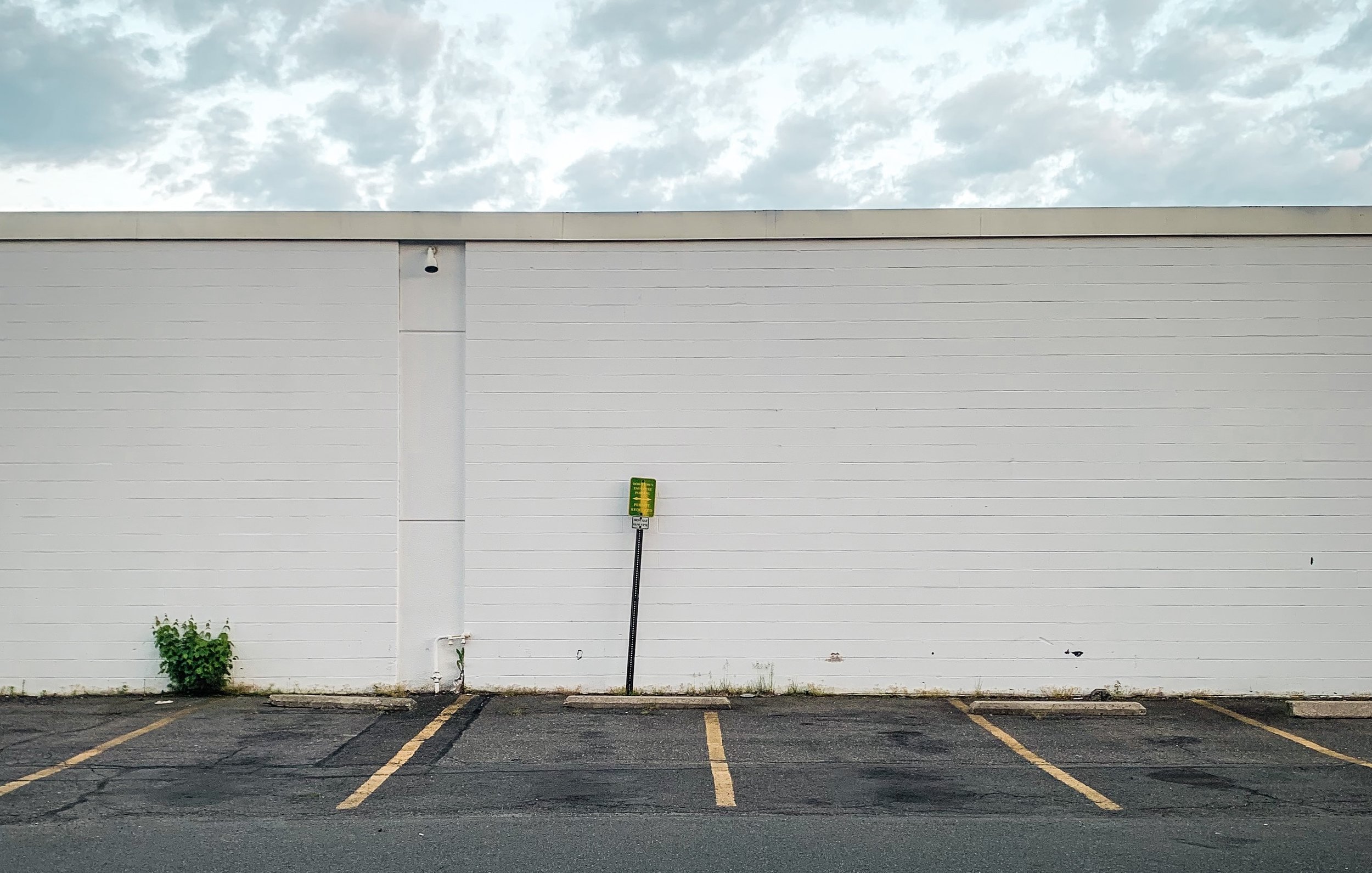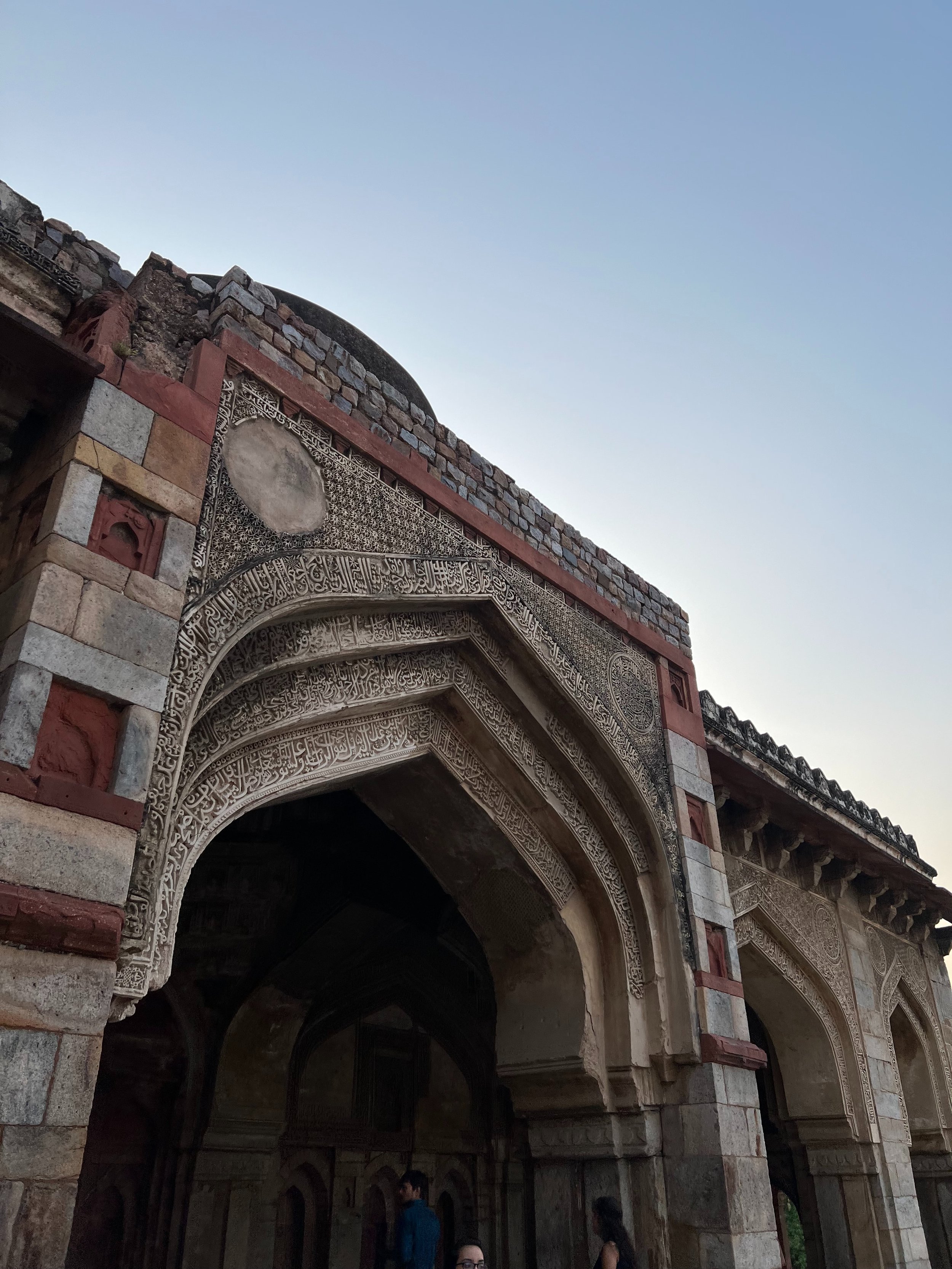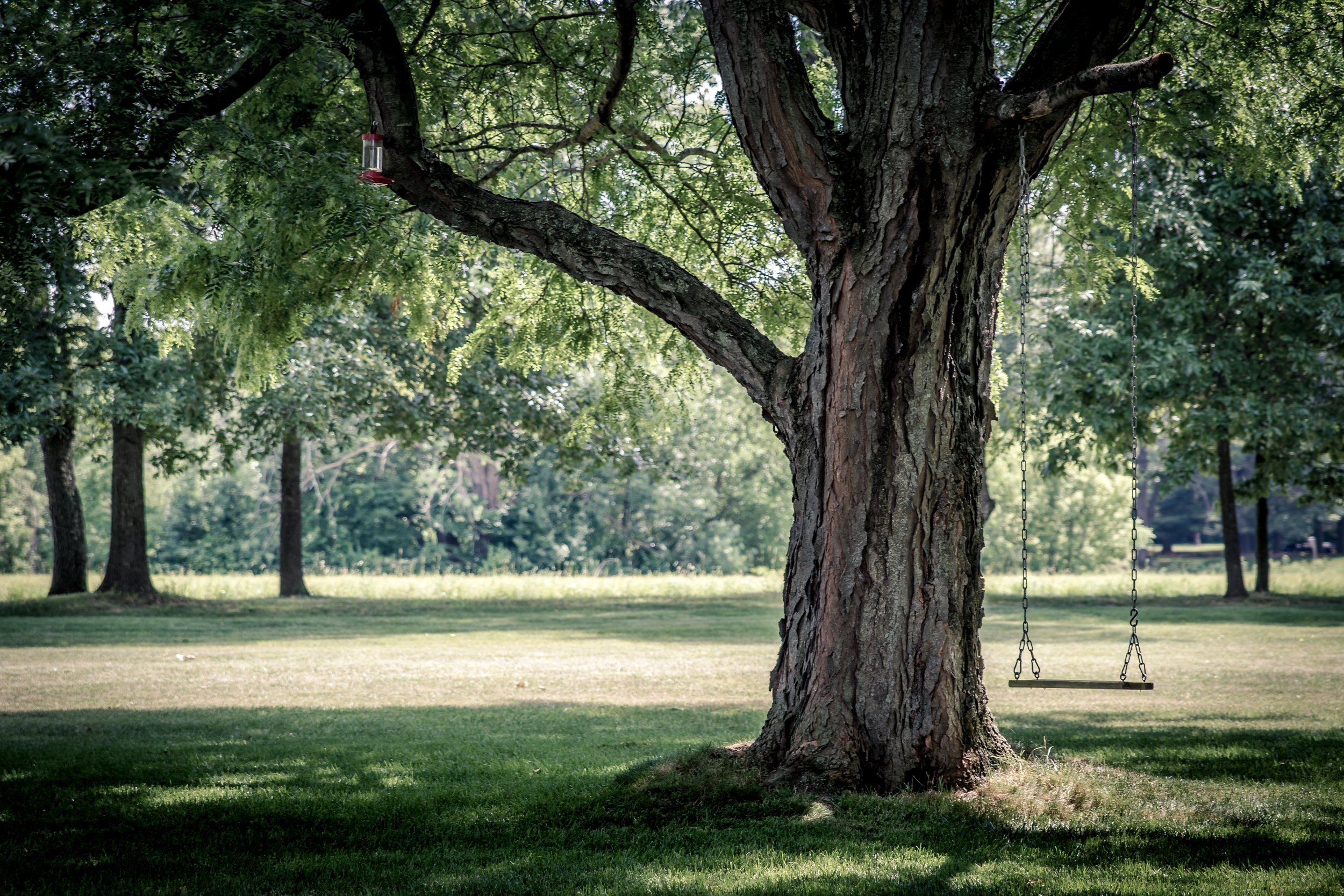To the Man Who Saw Cobras Dance

I was never any good at remembering names. You must have told me yours that evening in 2001, when you sat down next to me at the long outdoor table in the south of India. There were ten of us, brought randomly together at the guest house, emerging from our thatched-roofed cottages to dine together for the evening. But I only remember you, sitting to my left. That you were German, but raised in India and had lived an eclectic life, even dabbling in Bollywood movies. Not enough information to ever track you down. Dinner started in the last of the day’s light, but we sat until long after darkness had fallen and candles were lit.
To my right was the man I was traveling with, my partner of eight years. I wonder if we seemed like a contented couple, an Asian-American woman and the blue-eyed boyfriend she’d brought to her father’s land. We were content, but in those end years, our ease only lasted as long as we were moving – and our travels were coming to an end. We’d been circling our way around South India, trying to remake our relationship, and had paused for that night in a place called Auroville when I met you at the long table.
Auroville is a living experiment, an attempt to remake civilization. Instead of nationality there was intentionality; instead of competition, cooperation.
What had brought you to Auroville? I came because I still sought utopia, though I felt the possibility slipping away in tandem with my relationship. I was 31, and my partner and I were taking a winter break from the community called Aprovecho that we lived in back in Oregon—a community that was not entirely unlike Auroville. It, too, was started by idealists who wanted to change the world. Auroville was founded in the late ‘60s; Aprovecho, in the early ‘80s. Like Aurovilians, we built experimental houses, cooked with solar power, preferred bikes over cars and cottage industries over desk jobs.
But we had no gurus or gods. We did not center our community around anything like the strange shining orb at the heart of Auroville, which looked like a spaceship and contained a giant crystal imported from Italy. We did not gather daily to meditate. No, we were escapees from mainstream America, thumbing our noses at the Joneses as we researched alternative energy, cultivated organic gardens and an old-growth forest, got drunk on wine made of grapes we’d grown and then stomped on with our bare feet.
But I write you because I’ve never been able to shake the story you told me that night in the darkness. Do you remember? The one about the dancing snakes? You began with the caveat that it might not be true, but this is what you remember:
When you were just a boy, maybe five or six, your family was living in a remote town somewhere in India. You were outside by yourself one day, not far from the house, when you saw two cobras. They came together, you said, and rose up from the earth, winding the upper halves of their bodies together vertically, like water flowing uphill, intertwined. You watched them dance, you said, transfixed, a witness to something you sensed was forbidden. I could barely see your face in the dim candlelight, but could tell you were speaking as if you were there again, a half century earlier, the curious, watchful little boy that the big man beside me had become. But only for a moment. Quickly, the spell broke. You leaned back in your chair, a middle-aged man again, but I’m sure I must have leaned forward as you told what happened next.
You said the maid came out. She saw you. She saw the snakes.
“That maid,” you said, “she grabbed me and dragged me into the house!” You laughed. Repeatedly reprimanding you, she told you that one should never—never—watch cobras when they are together.
“They know,” she said, “and they will come after you.”
Your voice went down to a whisper. Precautions against the attack were made that night. Your parents raised your small bed high on blocks in your room. But the snakes came, you said. The cobras were after you. You were a sleepy boy, a young boy, and don’t remember the details of the night, but you believe what you were told in the retelling, of the snakes that came for vengeance but missed their mark. The very next morning your mother and father bundled you up and fled for the train that would return you to the supposed safety of the city. You told me you never returned to the place of the dancing cobras again. It sounded like a loss you still carried.
I always assumed the cobras were mating. That what was illicit was watching the sinuous sexuality of the hooded snakes so revered in India. But years later, I have learned that they could just as easily have been two males, fighting. Things can be mistaken for one another: the violent and the erotic in the animal world, carefree travel and running away from something that can’t be escaped. Maybe letting go of the idea of utopia is a necessary step for getting closer to it.
Why was I so taken with you and your story, when my inner skeptic raised her eyebrow at the plausibility that the snakes returned? But I was. I saw them in your telling of the tale just as vividly as you must have seen them when your parents did the same. It made the impossible seem possible, just by speaking it into being. But you survived whatever happened to you that night. My relationship didn’t survive our return to the Oregon woods. Words only take us so far.
We all make up stories. In the past, but also in the present. And even into the future, with or without great crystals set before us. What is the longing for utopia or the relationship that lasts forever if not a projection of our perfect storyline into the imperfect script of the world? Were the snakes lovers or mortal enemies? It matters as little as the truth of whether or not they returned that dark country night, remembrance and misremembrance intertwined in an ophidian embrace.
ABOUT THE AUTHOR
Meera Subramanian is a freelance environmental journalist, author of A River Runs Again: India's Natural World in Crisis, from the Barren Cliffs of Rajasthan to the Farmlands of Karnataka, and a conflicted gypsy who can't stop planting perennials.
Header photo by Steve Lodefink




